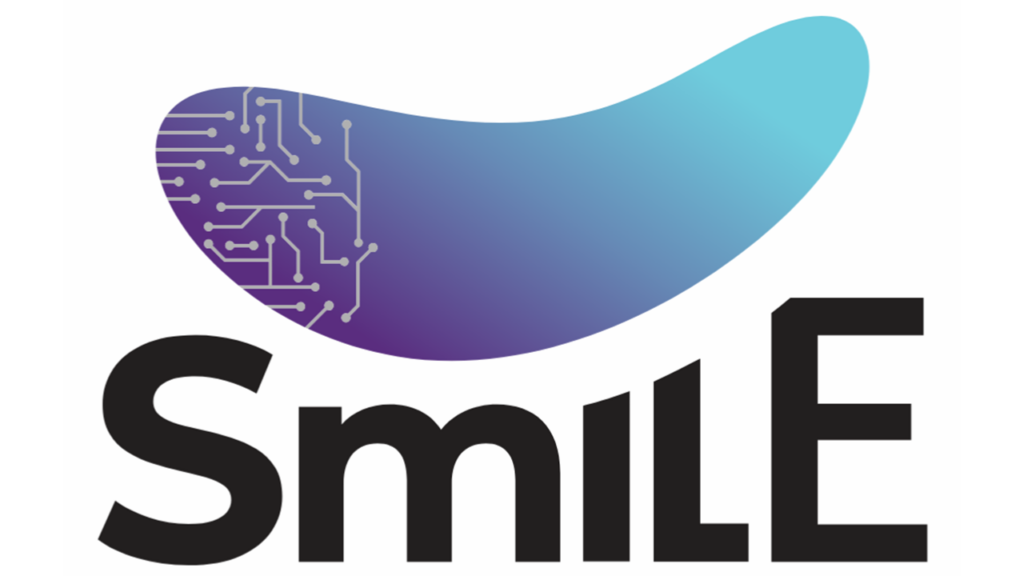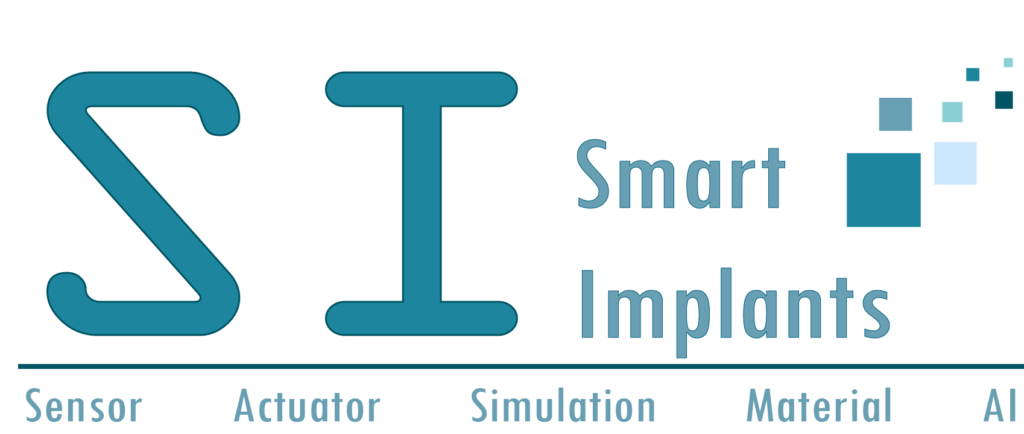Lab and projects
Innovationspreis 2025 der DGU gewonnen
Beim Deutschen Kongress für Orthopädie und Unfallchirurgie in Berlin haben wir am 31.10.2025 den Innovationspreis 2025 der Deutschen Gesellschaft für Unfallchirurgie überreicht bekommen. Herzlichen Glückwunsch an die Promovierenden Oana Scholz und Cedric Nowicki!!!
Den Preis haben wir für dieses Paper erhalten, in dem wir gezeigt haben, dass Frakturheilung mit Laser-Doppler und Weißlich-Spektroskopie über Änderungen in der Durchblutung überwacht werden kann.

The department is located on the ground floor in the surgical building directly next to the outpatient clinic. This allows us direct patient access. In the context of clinical studies, we carry out measurements on patients on the wards and, as soon as they are mobile, in our research laboratories.
We operate a movement laboratory with motion capturing (camera and accelerometer-based), various devices for force measurements (ground reaction forces, hand grip force, pressure distribution under the feet, etc.), treadmill, electromyography, ultrasound and various wearables. In addition, we operate a physiology laboratory with equipment for blood flow and microcirculation measurements (near-infrared spectrometry and laser Doppler spectrophotometry), infrared and ultrasound imaging.

EU Horizon-Projekt SmILE
Unter der Leitung des Fraunhofer-Instituts in Lübeck (Prof. Schulz) haben wir zusammen mit 24 anderen europäischen Partnern das EU-Horizon-Projekt Smart Implants for Life Enrichment (SmILE) eingeworben. Hier geht es um die Entwicklung eines Chipsystems und von Datenplattformen für smarte Implantate. Dies sind Implantate im Körper, die mit Sensoren ausgestattet sind. Der Projektstart war am 1. Januar 2025. Hier die Projekt-Website: https://www.horizon-smile.eu/

Smart Implants
The Werner Siemens Foundation funds the project "Smart Implants" with 8 million Euros. The aim is to develop new implants for bone fracture healing, as well as to answer more advanced biomechanical questions that are addressed by means of gait analyses, computer simulations and the use of artificial intelligence. These include simulations of the healing of various bone fracture types and the optimisation of implant designs using new materials such as memory alloys. We develop mechanisms for implants that measure forces at the fracture gap and deform autonomously in such a way that bone healing is improved by optimising the load at the fracture. The cooperation partners in the project are the Chair of Applied Mechanics at Saarland University (Prof. Stefan Diebels), the Chair of Intelligent Material Systems at ZeMA (Prof. Stefan Seelecke, Prof. Paul Motzki) and the German Research Center for Artificial Intelligence with the Chair of Computer Graphics (Prof. Philipp Slusallek).
- Project website of the Werner Siemens Foundation
- Ganse et al. Concepts and Clinical Aspects of Active Implants for the Treatment of Bone Fractures. Acta Biomater. 2022.
- Zimmer et al. An SMA-Based Multifunctional Implant for Improved Bone Fracture Healing. Proceedings of the ASME 2021 Conference on Smart Materials. SMASIS2021-67

Musculoskeletal immobilisation and spaceflight
Muscle, cartilage and bone degeneration are not only of great health relevance for immobile patients, but also play a role in space travel. Particularly for long-term missions, e.g., to Mars, appropriate countermeasures are essential. In addition to training methods, the use of artificial gravity via centrifuges and muscular electrostimulation are currently being tested for use in space travel. Prof. Bergita Ganse is involved with experiments in large, international studies of the leading space organisations. Recently, she investigated neuromuscular interaction in the AGBRESA bed rest study. Together with collaboration partners in Italy, the UK, the Netherlands and Switzerland, the Muscle Stimulation experiment is on board the International Space Station ISS (PI: Dr Alessandra Bosutti, University of Trieste). Here, the effectiveness of muscular electrostimulation will be investigated on space travellers. A research project with the ESA in Antarctica has also recently been added - here, muscle and cartilage changes in people who spend the winter in the Concordia Station, completely cut off from the outside world, are to be investigated. Third-party funds from the German Space Agency in the DLR and the BMWK make this research possible.
Recent publications:
- Hendrickse et al. Capillary rarefication during bed rest is proportionally less than fibre atrophy and loss of oxidative capacity. J Cachexia Sarcopenia Muscle. 2022
- Ganse et al. Joint Cartilage in long-duration spaceflight. Biomedicines 2022;10(6):1356.
- Ganse et al. Sixty days of head-down tilt bed rest with or without artificial gravity do not affect the neuromuscular secretome. Exp Cell Res. 2021;399:112463.
Center for Digital Neurotechnologies Saar (CDNS)
The CDNS is a major 2.7 million euro project funded by the Saarland and the European Regional Development Fund (ERDF). Our work package is about muscle degradation in patients with bone fractures and neuromuscular interaction. The project partners are the laboratory of Prof. Daniel Strauss, who heads laboratories at both HTW Saar and Saarland University.
The decline in physical performance in the ageing process
In the ageing population, maintaining physical resilience into old age plays an important role. We are investigating the decline in performance in athletes of all ages and trying to identify factors that slow down the decline. To this end, we are conducting studies on large, longitudinal data sets with annual best performances of senior athletes. Here, we use Big Data methods and optimise the prediction of the individual course using AI in order to identify significant factors for the decline in performance. On the other hand, we collect data in our movement laboratory, as well as during field studies in the context of major international sporting events, such as the World Senior Athletics Championships, the Master British Open (tennis) or the World Senior Track Cycling Championships.
Recent publications:
- Ganse et al. Acceleration of longitudinal track and field performance declines in athletes who still compete at the age of 100 years. Front Physiol. 12:730995. doi: 10.3389/fphys.2021.730995
- Hoog Antink et al. Learning from Machine Learning: prediction of age-related athletic performance decline trajectories. GeroScience. 2021;43(5):2547-2559.
- Hoog Antink et al. Longitudinal master track and field performance decline rates are lower and performance is better compared to athletes competing only once. J Gerontol A Biol Sci Med Sci. 2021;76(8):1376-1381.

